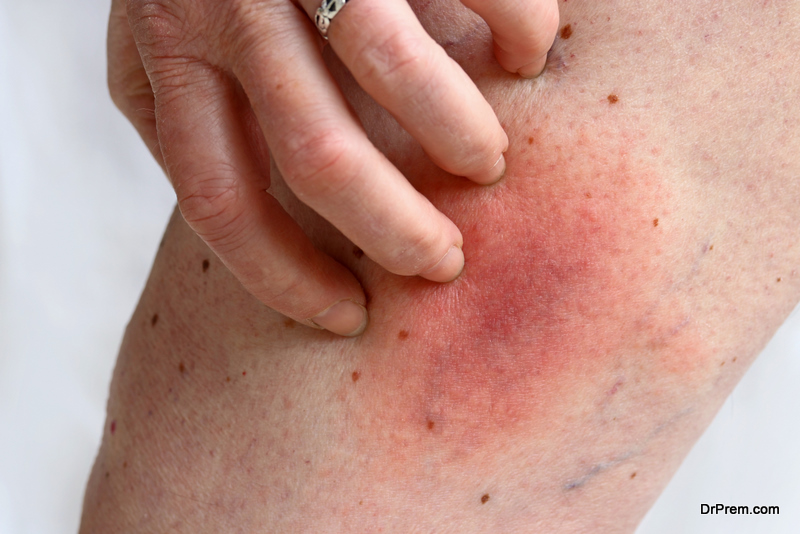Anorexia Nervosa: Diagnosis
Top Diagnosis
1. Diagnosing by criteria
A clinician can make a basic diagnosis by observing the patient’s symptoms and comparing them with the criteria laid by DSM or ICD. Generally, an anorexic patient may present symptoms such as an intense fear of weight gain, anxiety about calories consumed and refuses to maintain a steady weight. Anorexics have a mistaken perception about their bodies and have a negative body image. Even when underweight, they would indulge in crash diets and refuse to eat food. A therapist can observe such symptoms and ask the individual for certain laboratory tests to arrive at a proper diagnosis.
2. Screening test
Different types of screening tests can be used to assess apparent anorexic patients. One of the most commonly used test is Eating Disorders Examination wherein the doctor interviews the patient about his/her food habits. The patient might also answer the self report inventory called Eating Disorders Examination Questionnaire which can assess several features of the patient’s condition.
3. Body Mass Index (BMI)
The basic criteria for understanding whether an individual is starving his/her body is to measure their body mass index or BMI. Generally, a BMI of 19 to 25 is considered healthy. Patients suffering from anorexia may have BMI lower than this range. A BMI lower than 16 is an indication of starvation. A BMI of less then 17.5 indicates that the patient may have health issues associated with anorexia.
4. Complete Blood Count (CBC) test
Patients who are at the risk of being diagnosed with anorexia nervosa have to undergo a complete blood count test that calculates their white blood cells, red blood cells and platelets. This helps the doctor to know whether the patient is anorexic and has associated disorders like thrombocytosis, anemia and leukocytosis. These disorders are caused by anorexia which results in malnutrition.
5. Urinalysis
This test is used to determine the patient’s overall health. The test also helps the doctor to know whether the patient indulges in substance abuse to reduce weight dramatically. This test also recognizes associated health disorders.
6. Liver function test
If the patient appears to have anorexia then the doctor or the psychiatrist may ask for a liver function test of the patient. This test helps to assess the problems associated with malnutrition. Medical problems like protein deficiency, bleeding disorders, kidney function and anemia can be attributed to anorexia.
7. Neuroimaging
The psychiatrist may order for use of various techniques of neuroimaging to determine the causal factors behind the disorder. Neuroimaging includes test like PET Scan, MRI and SPECT imaging that would diagnose any possible lesions, tumors of physical conditions that might have caused or contributed to the eating disorder.
8. Physical examination
A thorough physical examination may be conducted to assess the vital signs like blood pressure and heart rate. The abdomen might be examined along with skin temperature to check for hypothermia. Drastic issues with vital signs may be a strong indicator of anorexia. In such a case, treatment is crucial as the health issues may be life threatening.
9. Other studies
The doctor may perform X-rays to check for broken bones which might be caused to malnutrition and vitamin deficiency. Electrocardigogram or ECG might be performed to check heart irregularities. Studies shall be done to assess the energy patient’s body uses in case he/she has anorexia.
10. Psychological evaluation
Apart from psychological tests and self report measures, the therapist or psychaitrist may call for a psychological evaluation to understand the probable issues that might have triggered anorexia. Individuals with anorexia may have misperceptions, low self esteem and troubled relationships. Through psychological evaluation the therapist can understand the areas where the patient needs to improve for full recovery. Anorexia nervosa is a disorder that would not only require physical and medical treatment but will also need psychological therapy for proper recovery.


